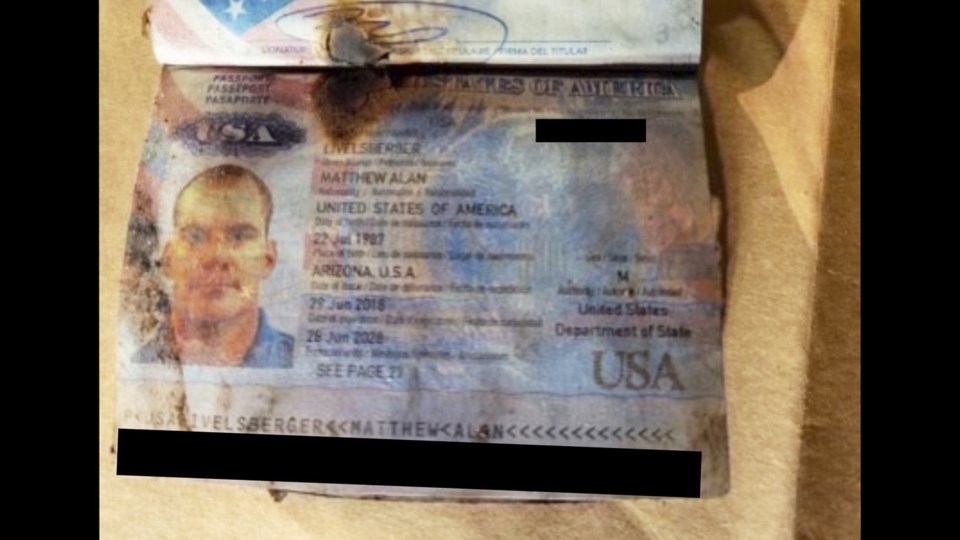LAS VEGAS (AP) — The highly decorated Special Forces soldier who died by suicide in a Cybertruck explosion on New Years Day confided to a former girlfriend — who had served as an Army nurse — that he faced significant pain and exhaustion that she says were key symptoms of traumatic brain injury.
Matthew Livelsberger, 37, was a five-time Bronze Star recipient, including one with a V device for valor under fire. He was very private but shared images and texts with Alicia Arritt, 39, who he met and began dating in Colorado in 2018. In them he opened up about exhaustion, pain that kept him awake at night and reliving violence from his deployment in Afghanistan.
“My life has been a personal hell for the last year,” he said Arritt during the early days of their dating, according to text messages she provided to the AP. “It’s refreshing to have such a nice person come along.”
Arritt also served on active duty in the Army as a nurse from 2003 to 2007, deploying to the military’s massive medical complex in Germany where she helped treat many soldiers with traumatic brain injuries and blast injuries from intense ground combat in Afghanistan and Iraq.
She said the military failed to get Livelsberger the care he needed, symptoms she saw in him as early as 2018.
“He would go through periods of withdrawal, and he struggled with depression and memory loss,” Arritt said. “He said it was a blast injury. He got several concussions from that.”
Livelsberger also had a hard time with post-traumatic stress disorder and would relive some of the violence and killings he had a role in or witnessed in Afghanistan.
“I would encourage him to get therapy, and he would give me reasons that he couldn’t,” Arritt said. “There was a lot of stigma in his unit, they were, you know, big, strong, Special Forces guys there, there was no weakness allowed and mental health is weakness is what they saw.”
Tara Copp And Rio Yamat, The Associated Press



